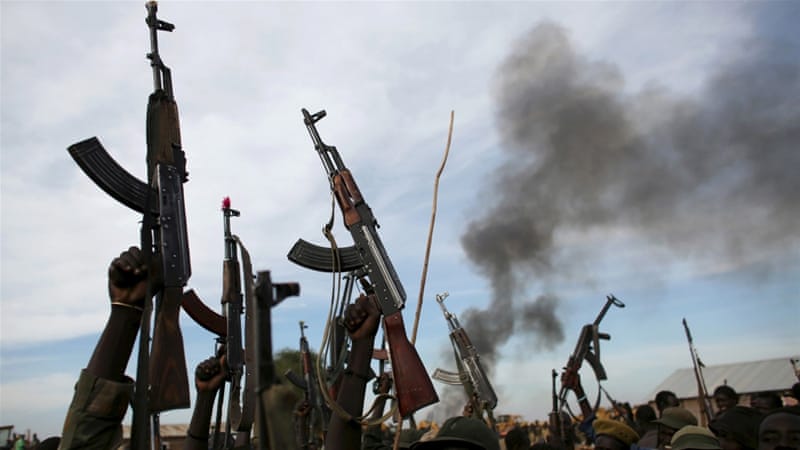South Kordofan: School bombed, civilians face conflict from three fronts
18 March 2024
On Thursday morning, Sudan’s air force dropped barrel bombs on a school in the Hadra area, Delami County, South Kordofan State, killing 11 children, and two teachers, and wounding another 45 people.
According to activists in civil and human rights organisations in the region, an Antonov army plane dropped explosive barrels on Al-Hadra Primary School in an area under the control of the rebel Sudan People’s Liberation Movement/Army-North (SPLM/A-N), led by SPLM-N Chairman Abdel Aziz Al-Hilu.
Repeated calls for comment from the Sudan army spokesperson were left unanswered.
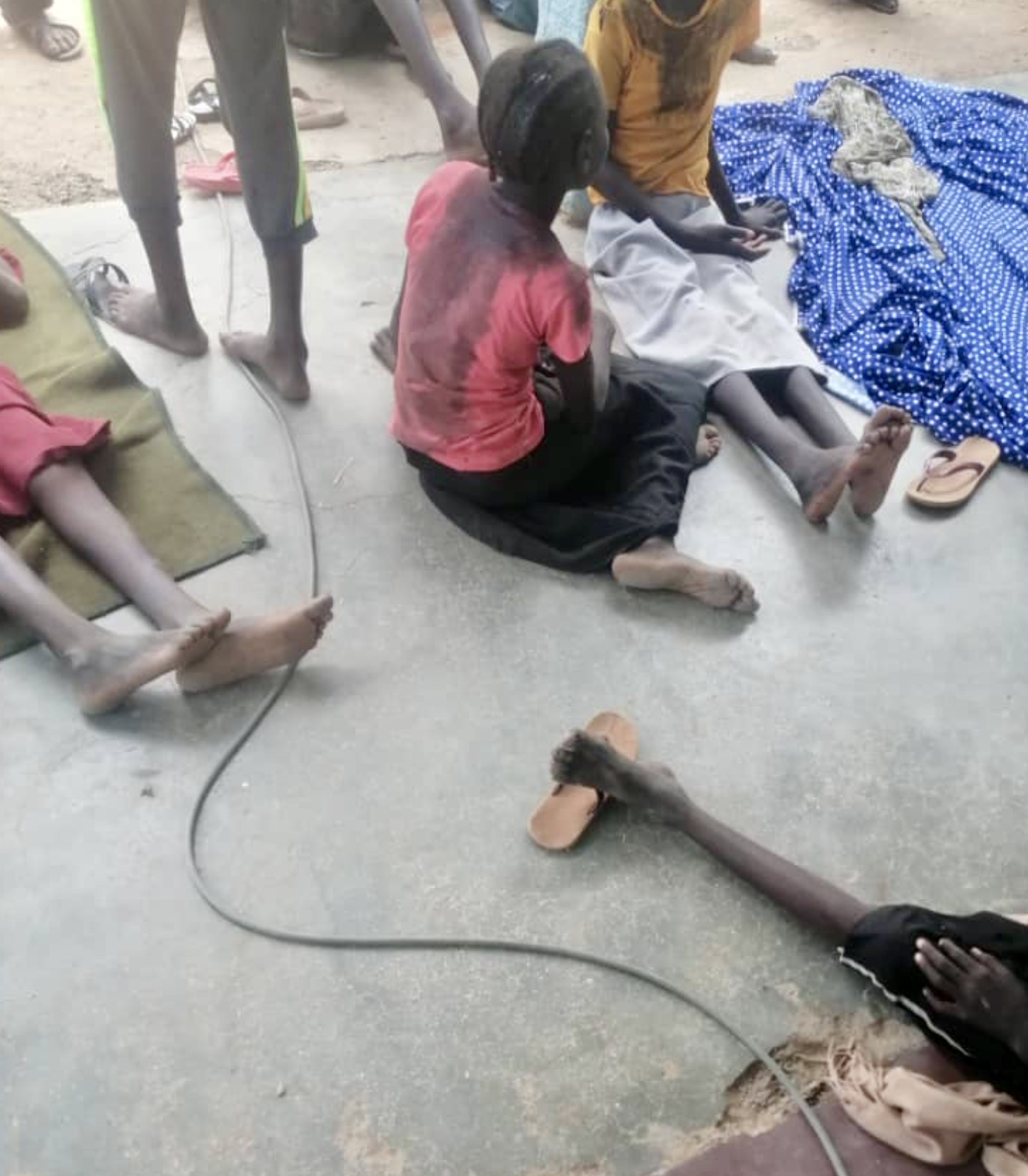
“We condemn this cowardly and barbaric attack,” says SPLM-N Spokesperson Sanaa Phillip. “If the Sudanese Armed Forces wanted to go to war with the SPLM/A-N, they know the locations of its camps and positions well. There is no reason for them to bomb a school of innocent children – what is the logic and justification behind this?”
A child as young as nine years old, Intisar Ahmed, died in the attack.
Sudan’s air force has a long history of using Antonov warplanes that use crude barrel bombs, dropped out of the back of the plane in its conflict with the SPLM/A-N in South Kordofan State. These indiscriminate attacks have been used since 2011 and routinely hit civilian targets in the past, according to residents within the SPLM-N-controlled areas of the Nuba Mountains.
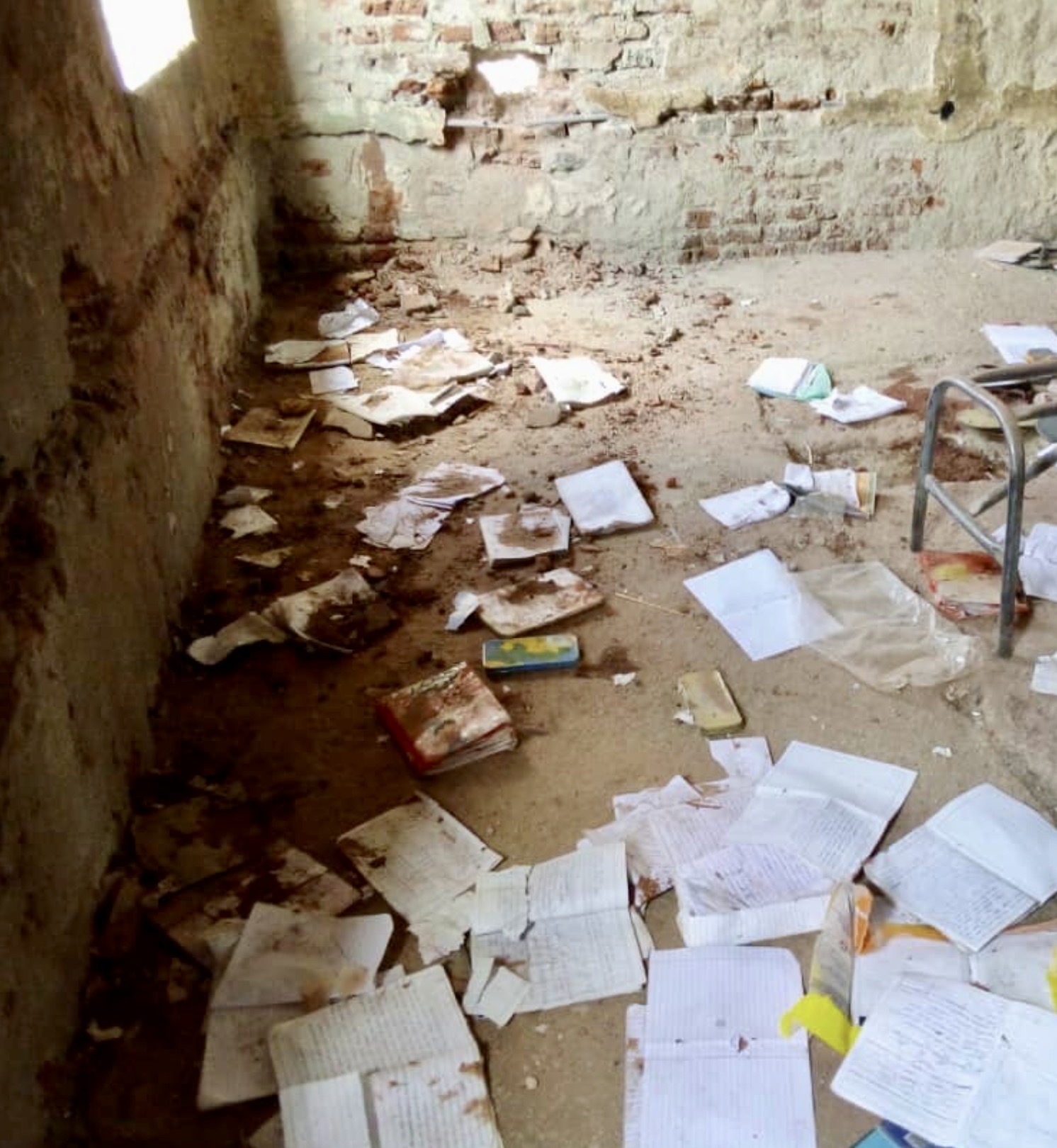
After 11 months of conflict in Sudan, primarily between the Sudan Armed Forces (SAF) and the paramilitary Rapid Support Forces (RSF) in a bid for political and economic control, the residents of South Kordofan State are facing a dire humanitarian crisis. Now residents of South Kordofan State must contend with a war between three armed groups, the army, RSF, and SPLM/A-N –all taking place around them.
Habila
In recent reports submitted to the UN High Commissioner for Human Rights, 11 Sudanese civil society organisations have accused the RSF of committing atrocities, perpetrating the deaths of over 76 civilians, including many women and children, in a massacre between 9 – 12 February in Habila and its environs near Al-Dilling city. The RSF kidnapped 16 women and girls –six were eventually released and reported being subject to sexual assault while in detention, according to local organisations. Dozens of young men are also still missing.
According to the same sources, the RSF’s campaign to dominate Al-Dilling in December precipitated this violence in Habila, marked by retaliatory attacks on villages after accusing residents of allegedly supporting the army. This brutal crackdown led to the displacement of over 40,000 individuals and the burning of five villages, including Zaltaya, Tgul, and Wata.
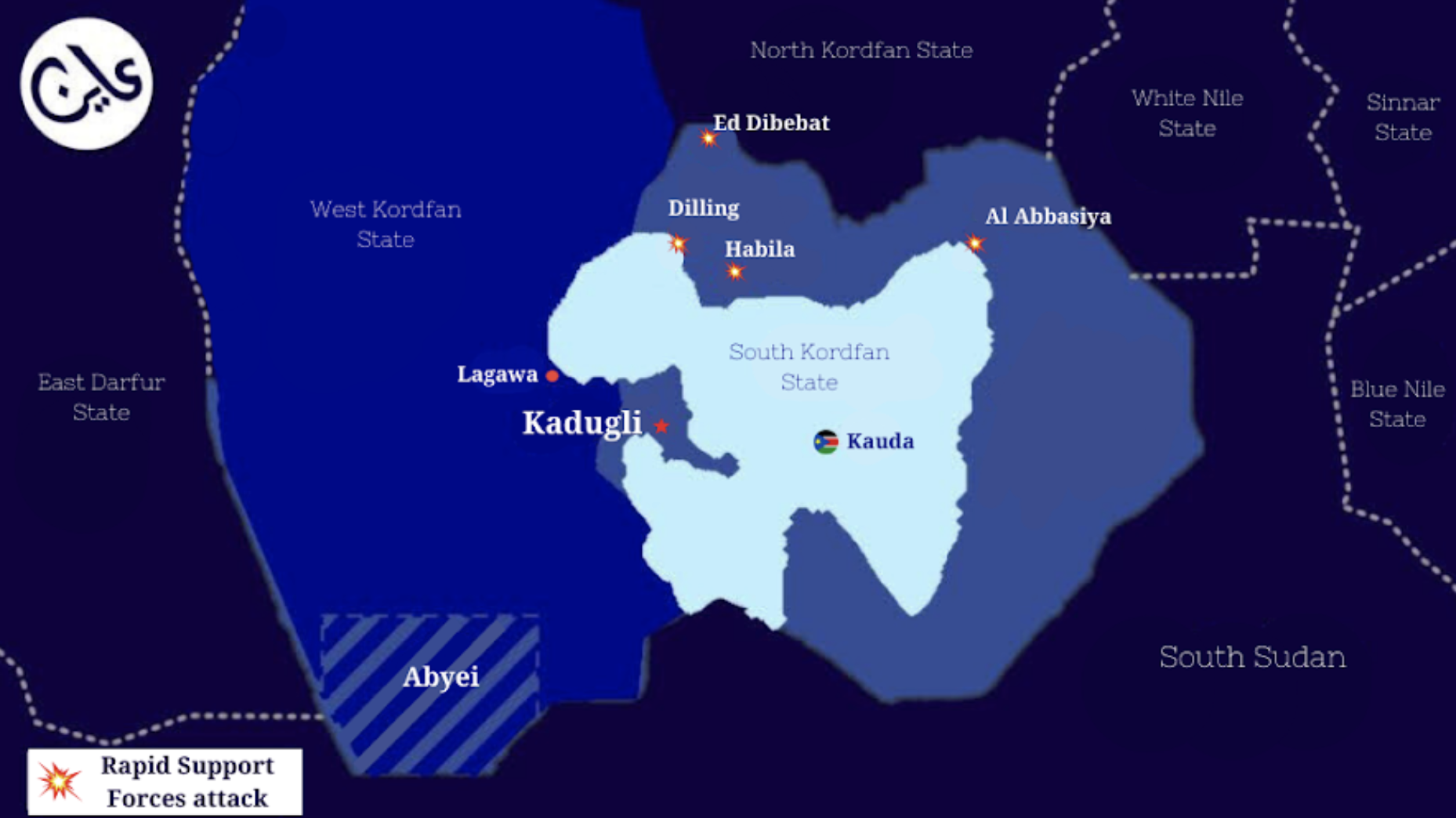
Habila resident and journalist Othman Nawal says the RSF targeted Habila since it is known for its rain-fed, mechanized agricultural projects. “The people of Habila and South Kordofan as a whole are living in extremely difficult circumstances,” Nawal told Ayin. “People are experiencing a real famine, due to the lack of organisations or official bodies to assist.” The influx of displaced entering the area, he added, and the failure of the agricultural season are all contributing factors.
While some displaced are entering the state capital, Kadugli, others are leaving the area. “Thousands of people were displaced months ago from their homes east and west of Kadugli due to the battles at that time,” says Kadugli resident Rehab Mohamed. “They [the displaced] are now residing in schools, in Alban Jadeed, Hajar al-Nar, and Al-Radeef. There is no one providing these people assistance except for the efforts of volunteers.”
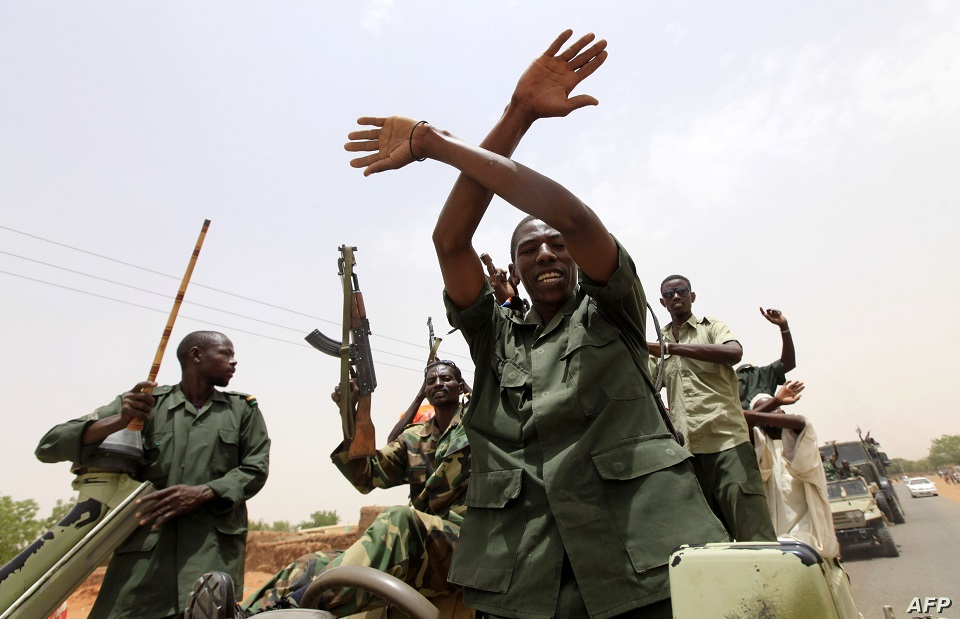
Arbitrary arrests
If you are not caught up in the conflict as a resident of Kadugli, you can be caught and arrested by the army’s military intelligence. For the past few months, residents said, military agents have been targeting civic activists for arrest. According to sources who spoke with Ayin, State Governor Muhammad Ibrahim Abdel Karim has directed the security services to arrest critics of his policies in managing state affairs. According to the same sources, arrest warrants were issued in February against 91 individuals from civil society organizations and doctors as a result of their objection to the deteriorating humanitarian conditions in the state and the government’s failure to intervene.
“Civilians are arrested by the military intelligence, but they are detained in police custody after filing malicious reports accusing them of committing crimes against the state and undermining the constitutional system –some people were tortured severely during their detention period,” says Kadugli resident Sarah Al Jak.*
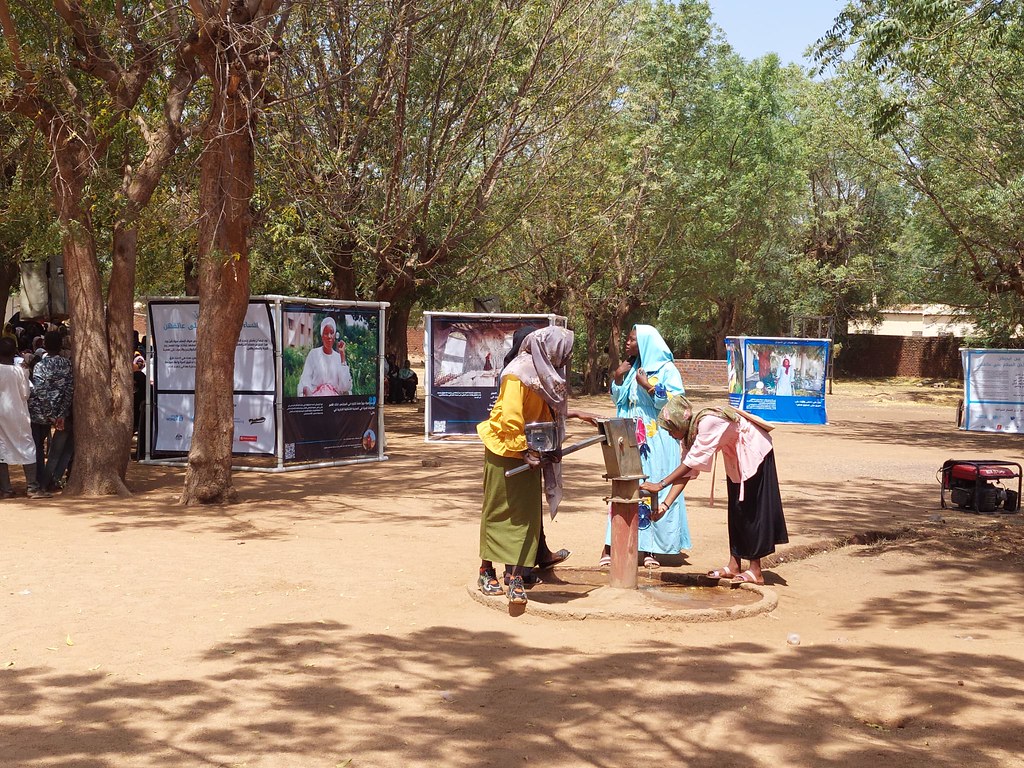
Prohibitive prices
Even citizens who are not displaced or arrested in Kadugli are facing huge challenges simply purchasing their basic needs. Within the past five months, the price of basic commodities has risen by a staggering 100 percent, according to Khaled Suleiman, a merchant dealing in food supplies in Kadugli. This inflation is directly attributable to the restricted supply routes from Souq Al-Naam adjacent to South Sudan, Suleiman added, escalating transportation costs. The state of South Kordofan now relies on one single port for the entry of goods via Souq Al-Naam, an area on the border of the state with South Sudan. This precipitated a steep increase in the cost of vital food items amidst a general scarcity of provisions.
“The price of a sack of onions is 150,000 pounds escalating from 15,000 pounds before the conflict intensified in South Kordofan,” Suleiman said. “Similarly, the price for a 30-pound container of oil has soared from 25,000 to 60,000 pounds, and a 50-kilogram bag of sugar now fetches 108,000 pounds, up from 50,000 last October.”
According to Suleiman, this hyperinflation has induced widespread market depression, with many residents forgoing essential purchases due to their impoverished circumstances. Additionally, the conflict has disrupted income sources, with many public employees in the state going unpaid since the war’s onset, exacerbating an acute cash shortage following bank closures.
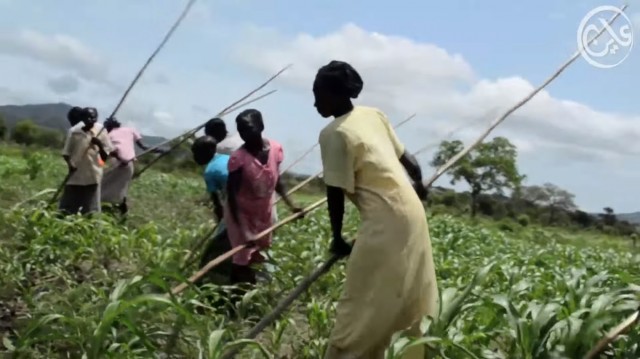
According to reports from civil organizations and sources from Kauda, the areas controlled by the SPLM-N led by Abdel Aziz Al-Hilu are also struggling with dwindling access to food due to the influx of displaced entering the area, closed border markets, and a poor farming season. People who have been displaced in these regions are struggling with acute nutritional deficiencies and a reduced ability to rely on agriculture for their sustenance, the same sources said. “The humanitarian situation in South Kordofan State has reached a catastrophic state,” Kadugli resident Mustapha Ibrahim told Ayin. “There is no intervention from humanitarian organisations –all humanitarian routes [of access] are closed except for one. We call on charitable organisations to come and intervene –to save our lives.”
* The name has been changed to protect her identity.


